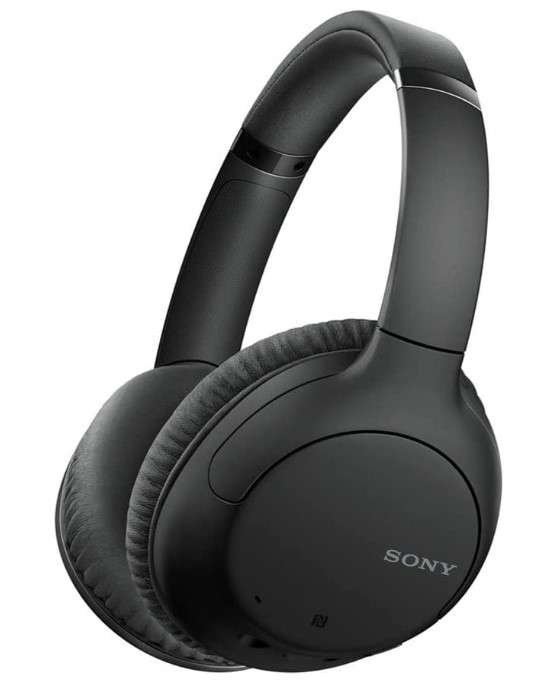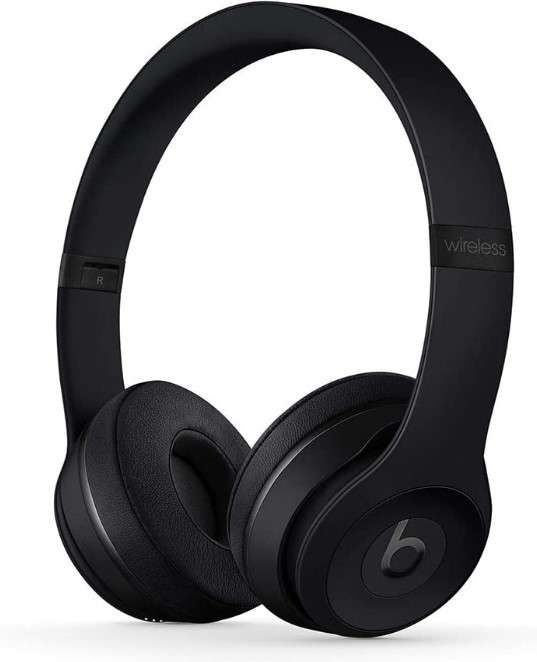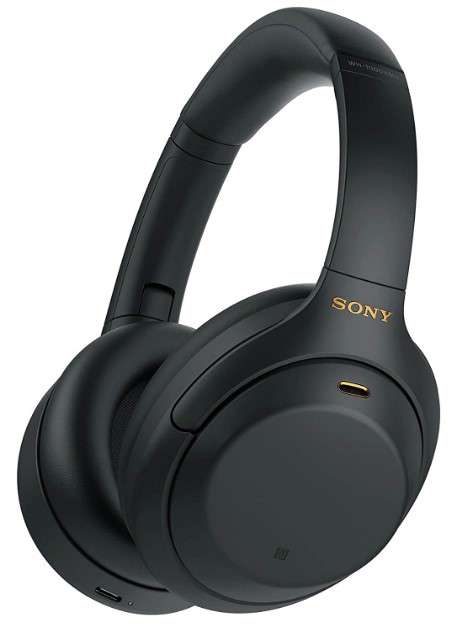Headphones are made up of ear buds attached to a band that is worn on the head and is linked by a cable. When audio signals, such as speeches and music, are amplified by the source, they can be clearly heard through headphones.
Headphones are intended to provide a private listening experience while listening to music, watching movies, or listening to audiobooks.
It is critical to remember, however, that if your headphones leak sound, their original purpose is defeated. As a result, the people around you become irritated.
This annoyance is amplified if you rely on headphones for productivity. This is due to the fact that you are wearing them in a calm environment such as a library, classroom, or office.
In this post, we will examine in depth what sound leakage is, the causes of headphone leakage, and strategies for preventing sound leakage.
In this post we will cover the following:-
- What is sound leakage?
- Why do headphones leak sound?
- How do sound leakage affect headphone Performance?
- Quality of Sound
- Noise Isolation
- Tips on How to Stop Headphones from Leaking Sound
- 3 Best Headphones that don’t leak Sound
1. What is sound leakage?
This happens when the volume of the music coming from your headphones is loud enough to be heard by those nearby, particularly if leakage performance is poor. This is known as sound bleed or sound leakage. It disturbs those who wish to remain silent and intrudes on your privacy.
2. Why do headphones leak sound?
The sound we hear comes from air pressure moving air particles so that we are able to sense it through our ears. The ear cups and ear pads are designed to seal off sound leaks, but when air vibrations pass through them, this happens.
Conversely, open back headphones tend to leak more than closed back headphones. As a result, they allow air to pass through
You will experience more leakage when you play your music louder. There is a possibility that all headphones will leak at least a small amount at some point. There has been no successful attempt to make a set of headphones that are 100% resistant
3. How do sound leakage affect headphone Performance?
Because headphones provide privacy as they are worn around your head, sound leaking from headphones is undesirable when watching music or a movie. You don’t want other people to hear it.
When you’re working or traveling, you need to feel private, and leaking headphones will negatively affect your performance. In order to resolve these issues, you should purchase headphones with minimal bleed and play music at a low volume.
4. Quality of Sound
In spite of the fact that open-back and semi-open headphones usually have a considerable amount of sound leakage, most audiophiles still prefer them because they sound more natural than closed-back headphones.
As these devices do not restrict sound and let air pass through, the audio quality does not suffer as a result of pressure building up.
5. Noise Isolation
Active noise cancellation is the ability of headphones to block out ambient noise passively. By combining padding components and design, noise can be isolated.
In the same way that closed-back headphones affect audio quality, noise-isolating headphones can do the same.
Because of how they are manufactured, air vibration cannot escape, which limits the soundstage and can even cause audio distortion.
6. Tips on How to Stop Headphones from Leaking Sound
Here are some tips for preventing headphones from leaking sound as privacy is the priority.
1. Use of Noise Isolation or Closed back Headphones
Normally, noise isolation refers to reducing external noise or reducing noise coming from headphones. There are many technologically advanced headphones on the market.
As was already mentioned, closed-back headphones are an excellent option since enclosures play a significant role in sound leakage. Because they are sealed around the rear, the sound is only emitted via your ear and is focused where it needs to be.
2. Turn down the volume
It is likely that more leakage will occur with louder music. Keeping your headphones on low volume is the most effective way to resolve the situation if you discover that sound is leaking from your headphones.
This reduces the likelihood that your hearing will be damaged, as well as not bothering others around you by causing sound leaks.
3. Use of Form Tips
In-ear headphones and ear buds often come with silicone tips that leak quite a bit of sound, so you can improve the quality by switching them out for form ones, which will help.
It’s also a wise idea to replace your on-ear headphones’ ear pads with foam. It will reduce sound leakage and increase the comfort of the headphones.
4. Use of ear muffs
Shooting ranges are the most common places where ear muffs are used. These accessories are made to cover your ears to keep them warm and to protect your hearing. Covering ear buds with ear muffs reduces sound leakage more effectively than using hands.
5. Use of Born conduction earphone
This technique makes use of the cheekbones to its advantage. In contrast to standard headphones and ear buds, these headphones directly contact the listener’s bones. Unlike the eardrum, the cochlea receives information without vibrating.
As a result of this technology, earphone leakage is very minimal in comparison to open back headphones
7. 3 Best Headphones that don’t leak Sound
1. Sony Noise cancellation Headphones WHCH710N

The Sony WHCH710N is no exception to Sony’s history of producing advanced technologies. Almost everyone can use the headset, regardless of their gender or inclination.
Compactness is one of the benefits of the headset, in terms of comfort. Softly padded ear caps fit snugly around your ears, while the adjustable headband ensures a comfortable fit.
You can wear these headphones for extended periods of time without experiencing any discomfort or pain in your ears. Due to its lightweight design, the device won’t cause your neck to become sore.
The superior noise canceling system of the WHCN710 N headphones uses Dual Sounds Sensor Technology.
The device can play music continuously for 35 hours, so you can listen to music all day long.
2. Beats Studio3 Wireless Headphones

Beats Studio 3 headphones are equipped with technology that prevents sound leakage. Moreover, you will experience very little leakage even when playing high-quality music at high volume
Wearing and using these headphones for long periods of time is comfortable due to their stylish design and form.
There is an adjustable headband that fits a variety of head shapes well and works with a wide range of mobile devices.
A full 22 hours of battery life is offered by the gadget, and charging takes only a few minutes.
3 Sony WH-1000XM4

The Sony WH-1000XM4 is an improvement over the Sony WH-1000XM3. While the WH-1000XM3 already has excellent voice calling capabilities, the latest model enhances them, especially in busy environments.
Whether you are using these headphones at home or at the office, they have a simple, contemporary look.
In spite of the minimal changes from the previous edition, they are nonetheless helpful. With the WH-1000XM4, you are able to simultaneously connect two devices, such as your phone and PC, using Bluetooth.
As a result, if you receive a call while using headphones with your PC, the audio will switch to your phone.
A total of five microphones are integrated into the headphones to ensure precise voice pickup. Moreover, the device features Alexa voice control, an amplified bass that flows smoothly, and a deep bass.
Recommended:- Why are Headphones so Uncomfortable
Conclusion
Despite businesses offering a variety of headphones on the market. There will always be some leakage, even with the greatest seals. You will be able to pick an item with less sound leakage after reading this article, which will teach you how to reduce sound leakage.
Is there a reason why my headphones leak sound?
A headphone’s sound is produced by air vibrations passing through the ear cups and cushions. Leaks of noise occur when music is played loudly
Is it possible to prevent sound leakage with noise cancellation?
Therefore, passive noise cancellation is more recommended than active noise cancellation if all you need are headphones that don’t leak sound.
Passive noise cancellation works by preventing both sound from the headphones and noise from the outside from coming in.
Is there a leak in closed-back headphones?
At 25–50% loudness, people in your immediate vicinity cannot hear you. It doesn’t matter if it’s only a foot away. Music can be played at a reasonable volume without disturbing others. You can listen to it at home, at work, on the bus, or when exploring the city.
This annoyance is exacerbated if you rely on your headphones to boost your productivity and are wearing them in a calm environment such as a library, classroom, or office.